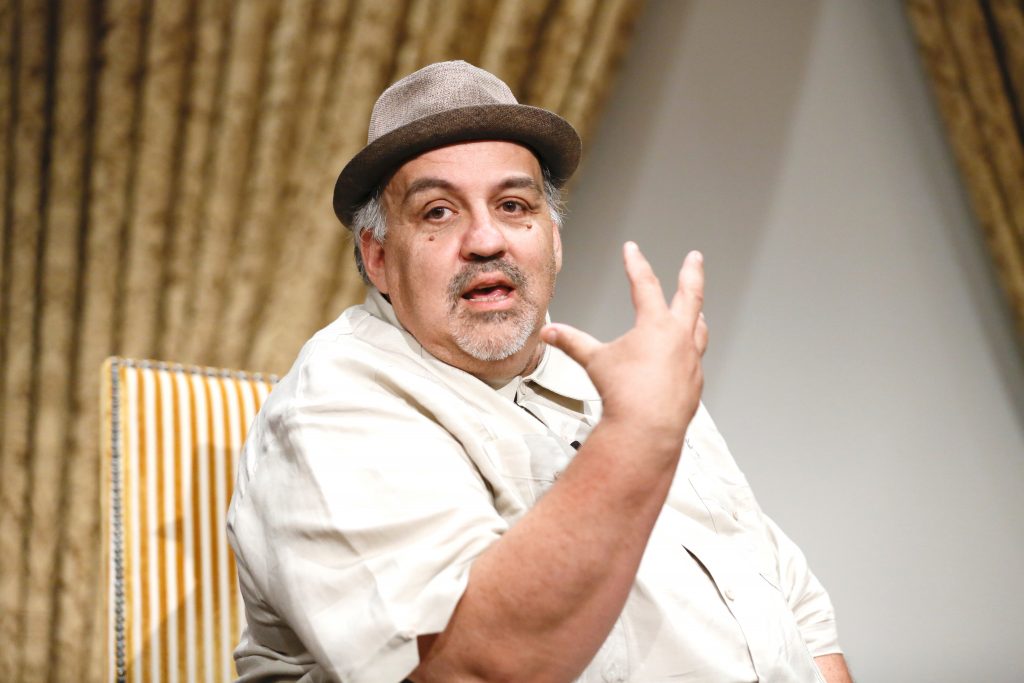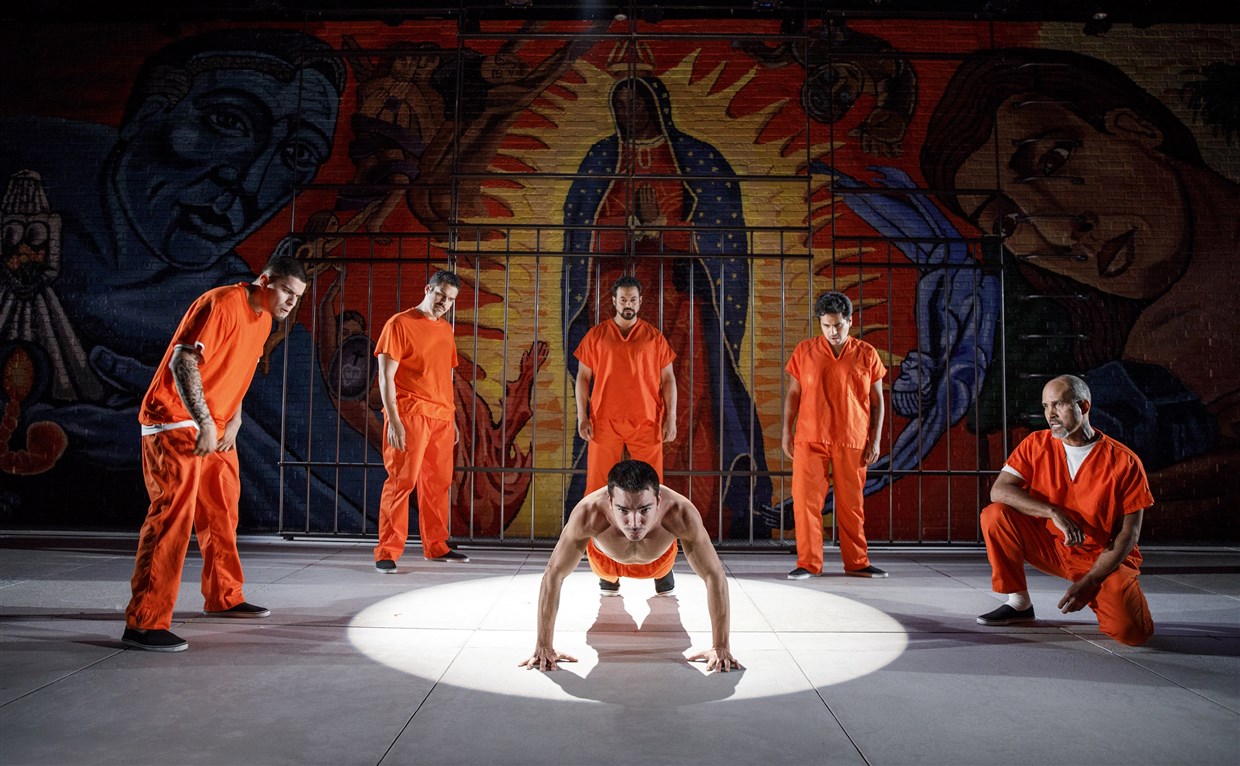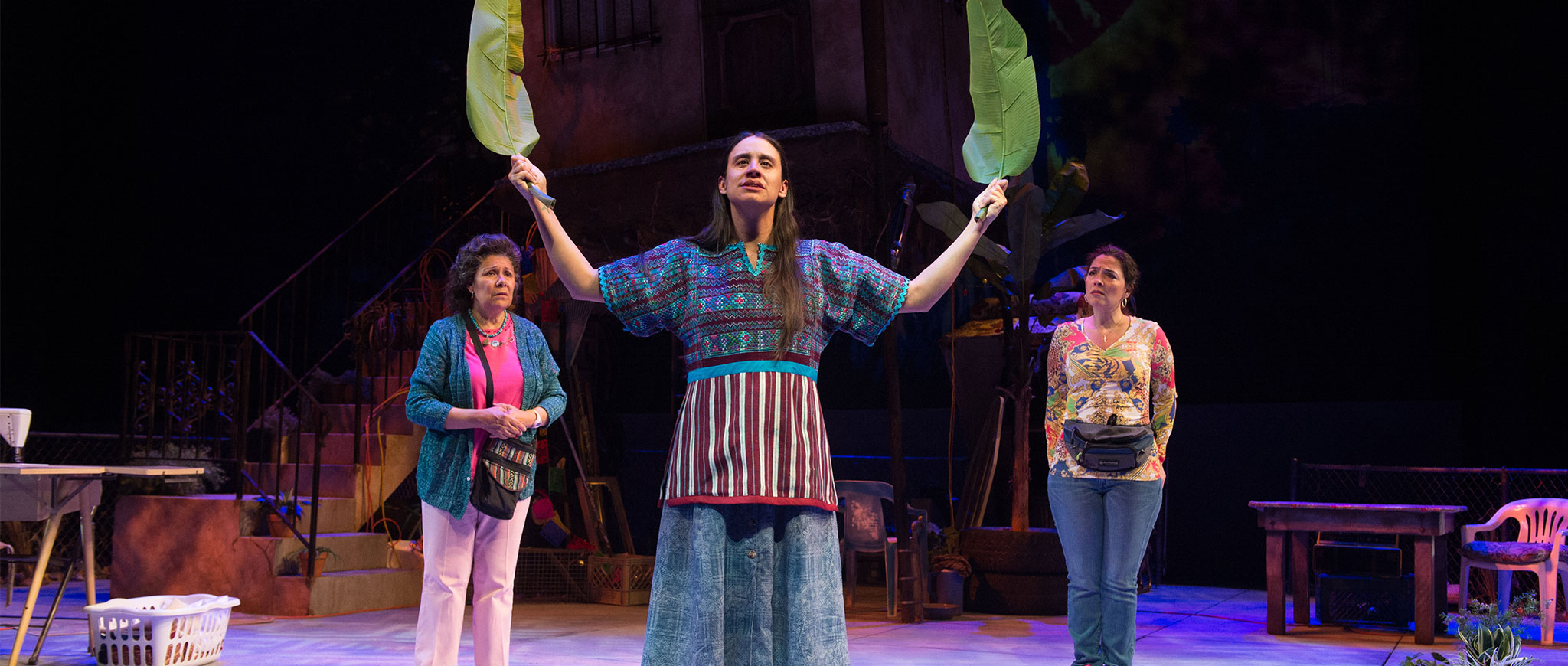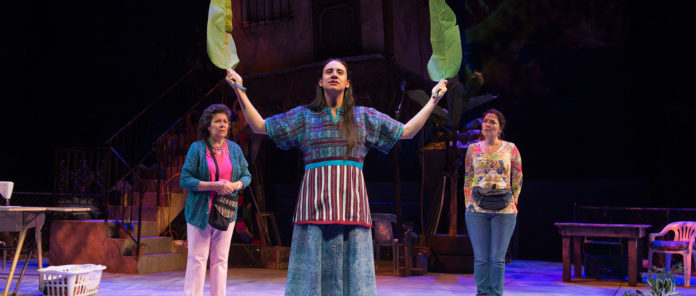I’m not great with change. That said, I am also an expert in putting myself in uncomfortable situations, rapidly morphing ones, such as multi-city travel. Trips both exhilarate me and shake me up, forcing me to adapt more rapidly to a shifting landscape and language than my slower-moving personality would choose. My own internal contradictions, which I attribute to my particular blend of zodiac personalities — I am freed from my Cancer shell by the adventurous archer in Sagittarius — brought me to plan the trip my family and I took this summer.
We spent a homey month in Berlin, only to pick up and go on what my oldest son calls our backpacking portion: a quick trip through various cities in Eastern Europe. My little crab shares a sign with his mom, and I could feel the nerves mounting for both of us as that first, sedentary portion drew to a close and we began packing up our month-long home. For the last three days or so, I was on the edge of some sort of outburst, which left unchecked could lead to discord with my loved ones. I needed catharsis, a way to let all of the emotions out in their original form before they became muddled and ugly.

The famous philosopher Aristotle was the first to speak about catharsis, a purifying process in which we release negative emotions, mainly described as fear and pity. You might be surprised that a Greek philosopher would bother to speak about emotions, since psychology and the mental health arts would not be considered for another 18 centuries, and you would be right. His discussion of catharsis is presented in the treatise known as Poetics, in which Aristotle uses metaphors to describe the inner workings and effective structures of literature.
Aristotle, a big fan of Homer’s epic poem, The Iliad, knew that catharsis — a symbolic purgation of emotion for the audience — is an integral component of an effective tragedy. The poet’s job is to evoke feelings of sadness and pathos in her readers, but she must also give them a way to release those emotions before the tragic end to the story. A happy ending to a tragedy is unfulfilling, said Aristotle, as we are brought through a painful process yet not cleansed of the emotions it evokes. Most importantly, Aristotle equates tragic endings with feelings of wonder and awe, which he insists are the real beauty of tragedy. Shakespeare’s Hamlet ends with — spoiler alert! — a stageful of dead bodies and our disbelief that it all could have gone so horribly awry leaves us feeling lighter, touched by a tragic splendor that a happy ending could never deliver.
My need for catharsis, of course, was not motivated by any kind of real tragedy. I am taking the liberty of speaking in metaphors, using my own internally produced feelings to illustrate how the art of tragedy is well-suited to bring us through the rollercoaster of fear and beauty, pity and awe, leaving us empty of the feelings that won’t serve us in our real life. Knowing that nothing bad was actually happening to me and that literature and film have long provided me a method of purging negative emotions, I decided to binge-watch the last, recently released season of Orange is the New Black. What better than the finale to an epic story of women trapped to help me feel only positive about my own nomadic freedom?
Indeed, the writers of the show achieved the highs and lows described in Aristotle’s Poetics. I clenched my fists as some characters escaped their condition by turning to violence (like Iago and Lady Macbeth). I braced myself when others descended into madness (like Hamlet or Cassandra) and turned against their own kin (like Medea or Gertrude). I felt such pathos when some of them found their singular recourse in taking their own life (like Ophelia). I bawled my eyes out when others were deported back to countries where they would face certain death (like Jason and the Argonauts) or had left so long ago that no one would recognize them (like Oedipus).
As an immigrant, born of immigrants who were born of immigrants, this last one was most resonant. The idea that one could be sent back to a place one no longer views as home is terrifying; the uncertainty that remains as these composite characters are taken by the show into a great unknown was complete catharsis, leaving me empty and full of wonder. After all, the highly sanitized version of an ICE internment camp portrayed in OitNB pales in comparison to the real horrors facing immigrants, especially undocumented ones, in our country right now. What we have on our hands right now is a tragedy of epic proportions, one that even Homer and Shakespeare had not foreseen. Like Lady Macbeth, no amount of spin to scrub over the truth will get out that damn’d spot.
What can we do about this? For Latino MacArthur genius grant winner Luis Alfaro, one possible answer is Aristotelian. Encountering stories of Latin immigrants who must resort to drastic measures to survive and to achieve greater safety than their home country can afford them, Alfaro saw the similarities between these contemporary tales and the age-old problems presented in classic Greek tragedies. To portray these stories anew, Alfaro surmised, would provide the soapbox they desperately need and the catharsis the audience requires to cleanse themselves of feelings and think rationally about solutions.
The idea for the first play Alfaro adapted came to him via a real story of a 13-year old Latina who killed her mother in order to avenge the murder of her drug-dealing father. Thinking of Electra, who also murdered her mother for killing her dad, Alfaro kept the rhythm of Sophocles’ Electra and translated the characters to this day and Greek into Spanglish. So was born Electricidad: A Chicano Take on the Tragedy of “Electra”, in which he replaces the traditional Greek chorus (who are in support of Electra’s actions) for a group of chismosas, gossiping with approval about the murder.

Alfaro is the son of Chicano farm workers: he knows immigrant stories first-hand or they have been confided in him by students in his writing workshops, acquaintances, and communities he visits. His long standing desire to bring the tales of his people into the spotlight, giving characters the importance and fair treatment they deserve, has led to more than 30 productions of his first play on stages all around the country. This dream of placing his stories on a stage came later in his writing career, which started when he was growing up poor in Los Angeles, exposed to experiences like seeing a gruesome dead body across his street when he was only nine or ten. Seeing a man brutally killed by a cue stick to the abdomen, Alfaro decided to write about his experience for school. His father, a member of the United Farm Workers, rose to Alfaro’s defense when the school principal objected to the 4th grader’s choice of essay topic, citing the need to bring dark stories into the light.
These early experiences inspired him to write, but it wasn’t until some years later, when he began performing community service at a local community theater in order to avoid jail time, that his desire to voice the voiceless through the classic became a priority. As teenager facing the possibility of prison, Alfaro chose well when he started working with community-based acting troupes, a gig that not only brought him into contact with some of the people who would later inspire his characters, but also trained him to find the connection between performance and activism. He has lent his voice to labor and AIDS activism projects, as well as developing an onstage persona, first as a performance artist and poet, later as a playwright.
Alfaro has worked with marginalized segments of the community, such as addicts, the elderly, current and former gang members. It was Oskar Eustis, now in charge at the Public Theater, who first encouraged Alfaro to study playwriting. He listened to the advice, entering into a mentorship with María Inez Fornés at the Mark Taper Forum in L.A. He would eventually become the resident artist there and some time later, the resident playwright at the Oregon Shakespeare Festival. Alfaro thinks of himself as a “citizen-artist”, blending his talents and his beliefs into a traveling one man company, bringing classical culture to ethnic spaces, customized to include the people who live in these communities.
His education has provided him with knowledge of the Greek classical plays, none of which treat outsiders to the main culture with any sort of fairness (the Greeks may have invented democracy but they also considered only adult, Greek males to be people, to the exception of women, children, and foreigners, who were basically slaves). Noticing the tragic similarity between the primitive structure of the ancient world and the vertiginous reality we are living today led Alfaro to find ways to bring his own people into the light of classic plays.
This is the work Alfaro has set out to do ever since he purchased a set of ten Greek plays for ten dollars in a theater lobby and began adapting them. After Electricidad, Alfaro turned his gaze to the story of Oedipus Rex, a classic story of exile, in which Oedipus is sent away to Corinth after an oracle gives his father, the king of Thebes, the prophecy that a male child will kill him one day. King Laiuis thinks his infant son is dead; Oedipus, who survives his father’s condemnation, has no memory of his first home so that when he returns, sent on a mission from Corinth, he inadvertently kills his father, marries his mother, and fulfills the prophecy despite best efforts.

In 2017, Alfaro staged Oedipus el Rey at the Public Theater, which was received with great acclaim. As the situation for immigrants, our contemporary exiles, has only worsened, Alfaro found in Euripede’s Medea the quintessential story of emigration, suitable to his task of reinvigorating classics with current storylines. Now Medea is Mojada, a term deemed problematic in 2013 when he first staged it at Victory Gardens Theater. The word traditionally alludes to undocumented immigrants thought to have “swum across” the Rio Grande to enter the country, and many of us attribute a pejorative, racist meaning to it. Only after explaining his reasoning to a group of elders in the Latin neighborhood of Chicago where his play was first performed and receiving their blessing, did Alfaro decide to retain the title.
After all, Alfaro is open to the idea of editing his work to best reflect the communities where he stages it. His search for ways to give voice to the voiceless is seen here, for example, as he reclaims this term, making his mojada the lead and heroine of his story. He cast a Latina actress as Medea, this time written an indigenous Mexican immigrant from Michoacán, not banished from Corinth as the original was, but emigrated and traumatized by the process. Medea continues to work as a seamstress in the United States while her husband, Jason, finds work under the direction of a general contractor named Pilar, a composite character who represents the evil kind who banished Medea and his daughter, the temptress who stole Jason away from her.
Once Pilar lures Jason away from Medea, the mad devastation of the original play begins, as she flies into a rage of humiliation, brought about by her husband’s betrayal of their marriage and her rapidly Americanizing son’s betrayal of their culture. Peppered with other characters, the kind you’d find in a typical Latin American neighborhood, the play is both an accurate mirror of Latin life in the U.S., complete with both its humor and pathos. Swords are replaced with machetes; magic is replaced with indigenous ritualism. In the end, it’s Medea herself who utters the term “mojada”, a self-deprecating moment in which she begs Pilar to take mercy and leave her family intact.

Alfaro’s work is a real and true translation. From the Latin for physically “crossing/carrying something over” to another location (“trans” + “latum”), a great translation not only adjusts for language differences, but also setting in time and place. Not only is he rewriting classic plots for the modern day, he is writing brown people into stories from which they were omitted. Such is his desire to speak directly to his audience’s situation, he alters the specific setting of the play when it travels from one city to another. He debuted Mojada in Chicago, so he set it in Pilsen; for his native Los Angeles, he chose Boyle Heights; when the play is presented in New York, it will be set in Queens. These are the barrios where Alfaro’s characters would live, exiled strangers in a strange land.
It is quite likely that Alfaro foresaw much of the strife that Latinos would endure in the coming decades when he began to write for us in 1999. He knew enough to include difficult border crossings, replete with rapes and murders, to comment on acculturation, betrayal, and forgiveness. He sought out stories from real people who suffered their exiles and rewrote them as his characters’ biographies. I don’t know that even Alfaro could have imagined the fresh hell that Latin immigrants face today. What is evident is that he has a knack for representing these stories in a contemporary way, cloaked in classical structures, and presented on a wide stage. Alfaro has the passion for bringing these dark stories into the spotlight and I, for one, can’t wait to see where his gaze will turn next.
For Image credit or remove please email for immediate removal - info@belatina.com








































